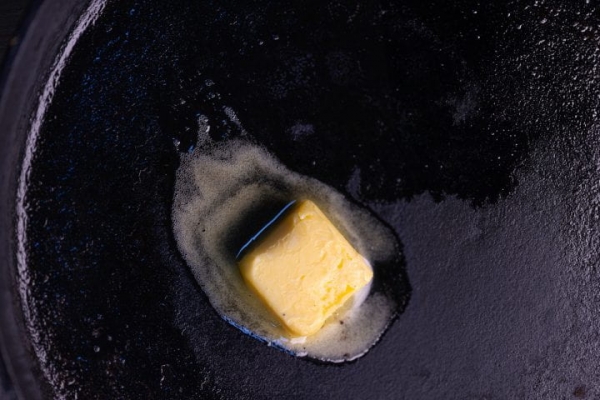Agriculture is one of the hardest human activities to decarbonize; people must eat, but the land-use practices associated with growing crops account for roughly a quarter of global greenhouse gas emissions.
Agriculture is one of the hardest human activities to decarbonize; people must eat, but the land-use practices associated with growing crops account for roughly a quarter of global greenhouse gas emissions. Researchers at the University of California, Irvine and other institutions evaluate a new solution to this problem, one that eliminates farms altogether.
In a study published today in Nature Sustainability, the UCI-led team of scientists assess the potential for widescale synthetic production of dietary fats through chemical and biological processes. The raw materials for this method are the same as those used by plants: hydrogen in water and carbon dioxide in the air.
“Large-scale synthesis of edible molecules through chemical and biological means without agricultural feedstocks is a very real possibility,” said lead author Steven Davis, UCI professor of Earth system science. “Such ‘food without the farm’ could avoid enormous quantities of climate-warming emissions while also safeguarding biodiverse lands that might otherwise be cleared for farms.”
Davis and his co-authors highlight other environmental and societal benefits of farm-free food in the paper, including a reduction in water use and watershed pollution, local control over food production, diminished risk of weather-related food shortages, and less need for low-paying and physically demanding agricultural labor. Another plus, according to Davis, would be the possibility of returning existing farmlands to a natural state, which could enhance biodiversity and build up natural carbon sinks.
Read more at University of California - Irvine
Image: Melting in a cast iron pan is a pat of butter derived through a chemical process. In Nature Sustainability study, Steven Davis, UCI professor of Earth system science, and his co-authors promote the idea of making dietary fats synthetically to help limit agriculture – and its adverse climate externalities – from our food supply chain. (Credit: Steven Davis / UCI)




